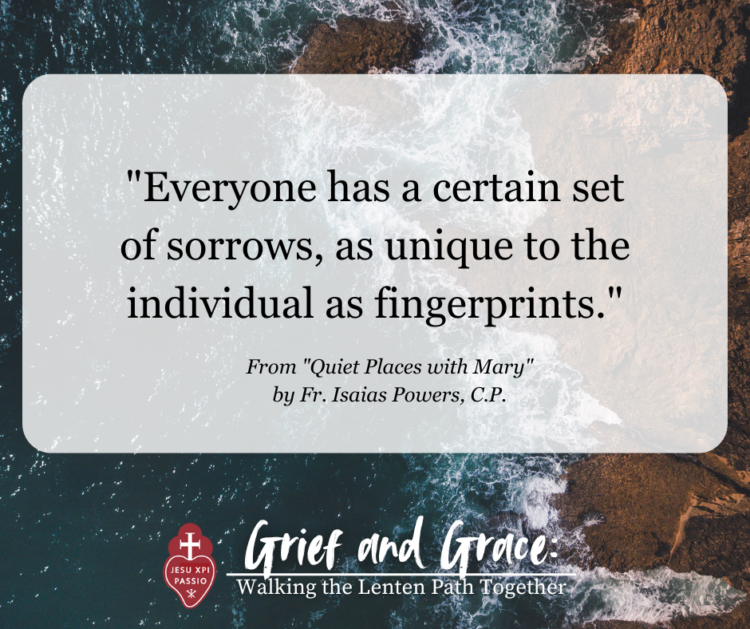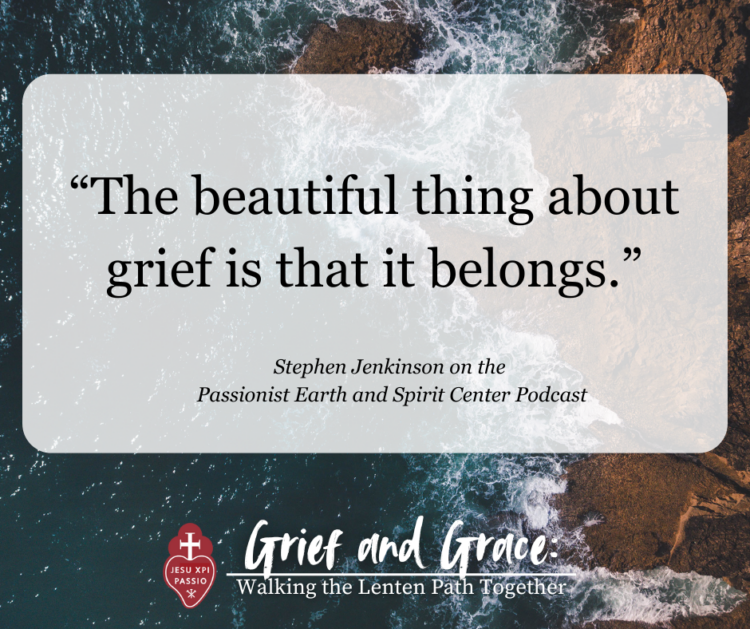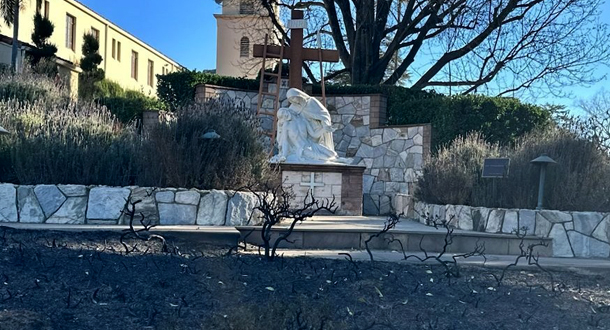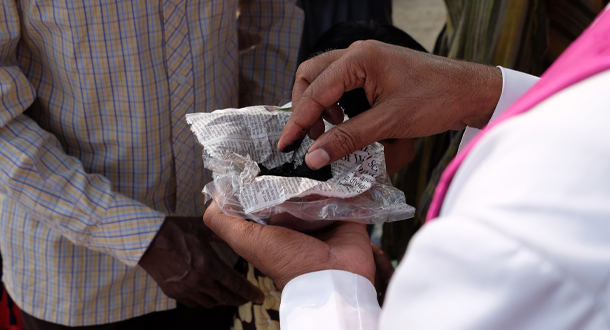Scripture:
Reflection
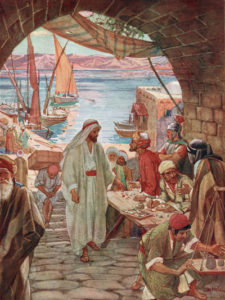
The Lenten message is simple, but easily missed and almost always quickly forgotten: If we do good things—if we especially seek justice for the poor and afflicted—we will be renewed. If we stop dancing with evil, we will find happiness and life.
In the first reading from Isaiah, the prophet tells Israel that if it wants the light to shatter the darkness and joy to scatter sadness, they must confront the evil surrounding them. They must replace injustice with justice. “If you remove from your midst oppression, false accusation and malicious speech; If you bestow your bread on the hungry and satisfy the afflicted,” Isaiah promises, “Then light shall rise for you in the darkness, and the gloom shall become for you like midday….” That’s all they have to do to be brought from death back to life. But Isaiah’s words are meant for us as well. If we battle oppression wherever we find it; if we stop all malicious speech; if we share what we have with the needy and reach out to the afflicted and broken ones we see everyday, then light and life will come to us.
In today’s gospel story from Luke, the Lenten message comes to us as an invitation. Jesus sees Levi, a tax collector, and extends to him the unnerving invitation to leave everything behind for the sake of an uncharted future. Jesus calls him to strike out on a new path, a different way of being, and Levi does. In a burst of pure freedom, Levi redefines himself from tax collector to disciple. The gospel suggests if Levi is to find hope and new life, he has to reimagine not just his life, but even his identity. He has to think of himself as an initiate on a new adventure, a disciple on a path to a different but richly promising way of life.
If Lent is all about being healed and renewed, perhaps it begins in the gospel’s call to reimagine who we are and what we are up to.
Paul J. Wadell is Professor Emeritus of Theology & Religious Studies at St. Norbert College in De Pere, Wisconsin, and a member of the Passionist Family.

